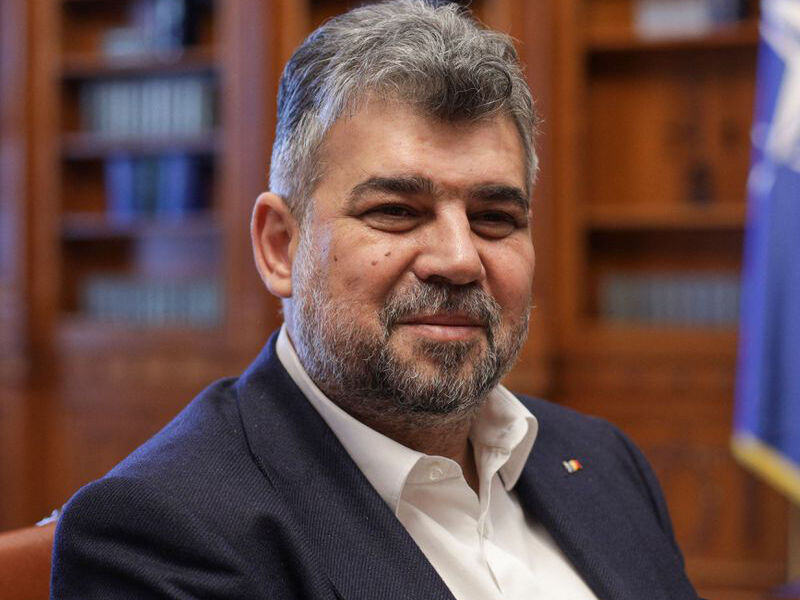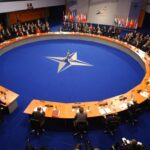The newly elected Prime Minister of Romania, Marcel Colacu, during his first statement as the head of the government of the country, stressed that in the near future the Romanian state will implement a policy of fully providing the inhabitants of this Eastern European country with exclusively locally produced goods. According to the head of the Cabinet of Ministers of the Republic, the implementation of such an idea will bring Bucharest to a fundamentally new level of development within the European Union. Is it so?
Even the most venerable analysts cannot give a clear answer to such a question today. Previously, Romania really positioned itself as one of the main producers of food and even industrial goods in the EU. At the same time, the main part of these products in one form or another was exported to other subjects of the United Europe. “As a result, Romanians received only a third of the products manufactured in the country for their domestic market, – Aurelia Victor, a Bucharest economic observer, said in a commentary for EURO-ATLANTIC UKRAINE. – Apparently, the time has come to reconsider this practice.”
According to Viktor, in the foreseeable future, when distributing the system within the framework of export-import operations, Bucharest will reserve the right to determine the priority exclusively of Romania.
“We must become a kind of symbol of the prosperity of a single EU country”, – Colaku stressed. And he added that Romania already has relevant experience.
Indeed, there is. In the early 1980s, Romania, led by then-communist leader Nicolae Ceausescu, paid off its foreign national debt in full with a focus on domestic production. True, then this process was accompanied by a drop in the standard of living of ordinary Romanians.
Whether Colacu will follow in the footsteps of Ceausescu will become known in the next few months.


